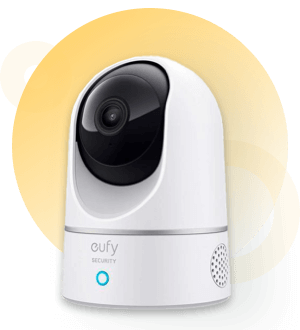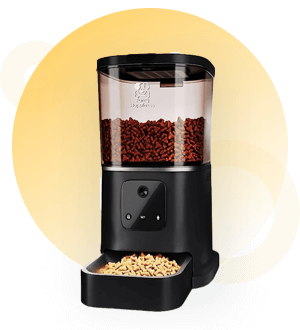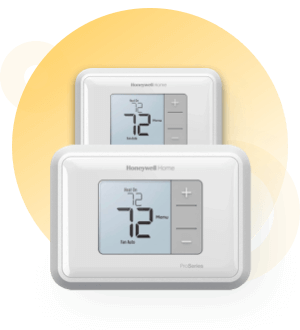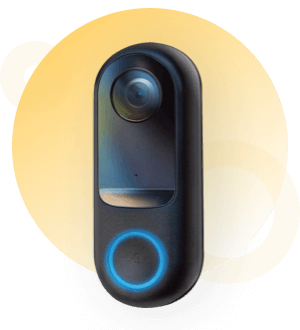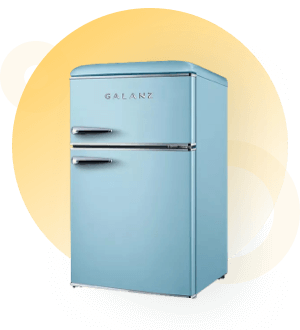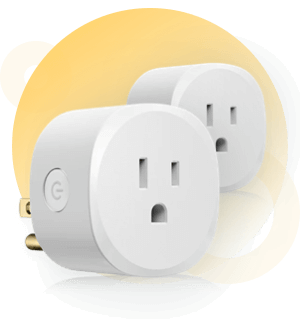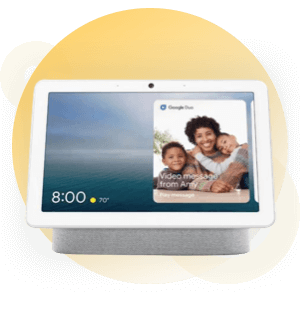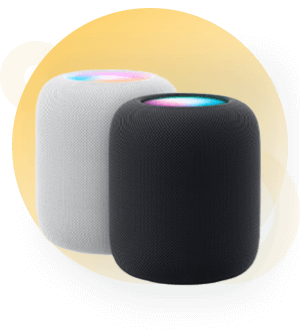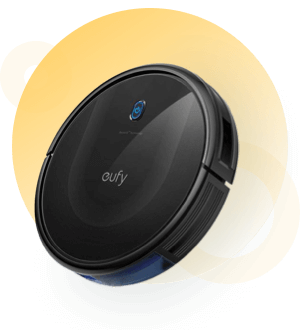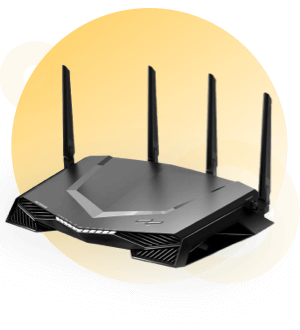Smart home devices have become increasingly popular over the years as more and more people are embracing the convenience and efficiency that they offer. With technology constantly evolving, it’s no surprise that the best smart home devices of 2023 are expected to be even more advanced than their predecessors. In this comprehensive guide, we’ll take a look at some of the top smart home devices that are expected to dominate the market in 2023.
Smart Speakers
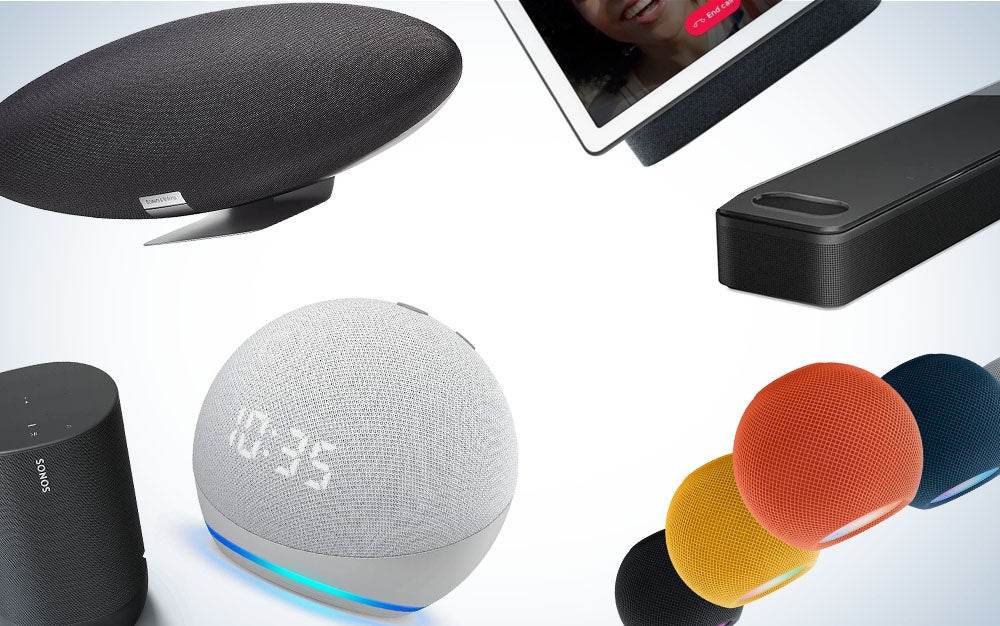
Smart speakers have been around for a while now, but they continue to evolve and improve with each passing year. In 2023, we can expect to see even more advanced smart speakers that offer better sound quality, voice recognition, and integration with other smart home devices. Some of the top contenders in this category include Amazon Echo, Google Home, and Apple HomePod. These voice-activated devices, equipped with artificial intelligence and internet connectivity, offer numerous benefits that enhance convenience, entertainment, and productivity, such as:
- Voice Control and Hands-Free Operation: The most apparent advantage of smart speakers is their ability to perform tasks through voice commands. Users can control various functions, such as playing music, setting alarms, checking the weather, controlling smart home devices (lights, thermostat, etc.), and even making phone calls, without needing to physically interact with the device.
- Convenience and Time-Saving: Smart speakers streamline daily tasks and save time by providing instant answers to questions and quick access to information. Tasks that used to require browsing the internet or using multiple devices can now be accomplished with a simple voice command, making them ideal for busy individuals or those with limited mobility.
- Smart Home Integration: Smart speakers serve as central hubs for controlling smart home devices. By connecting to other compatible devices, such as smart bulbs, plugs, cameras, and thermostats, users can create a seamless and interconnected smart home ecosystem. This integration allows for enhanced automation and control, contributing to energy efficiency and home security.
- Entertainment and Media: Smart speakers provide a vast range of entertainment options. Users can access music streaming services like Spotify, Apple Music, or Amazon Music, listen to podcasts, audiobooks, and internet radio stations, and even control their smart TVs for hands-free media consumption.
- Accessibility and Inclusivity: Smart speakers enhance accessibility for people with disabilities, such as visual impairments or physical limitations. Voice commands eliminate the need for fine motor skills, allowing individuals to control their environment effectively.
- Home Security and Surveillance: Smart speakers integrated with compatible security cameras can provide users with real-time updates on home security, enabling them to monitor their property remotely and receive notifications about suspicious activities.
- Elderly Care and Companionship: Smart speakers can offer companionship and assistance for the elderly, providing a sense of security and support while allowing them to stay connected with family and friends through voice or video calls.
RELATED: Best Smart Speakers of 2023
Smart Thermostats
:max_bytes(150000):strip_icc()/peo-best-smart-thermostats-of-2022-tout-970a1ed0b4b942e78efab70c398849e0.jpg)
Smart thermostats have been a game-changer for many homeowners, allowing them to control their home’s temperature from anywhere using their smartphone. In 2023, we can expect to see even more advanced smart thermostats that offer better energy efficiency, more precise temperature control, and improved integration with other smart home devices. Some of the top contenders in this category include Nest, Ecobee, and Honeywell. Some benefits that smart thermostats provide are:
- Energy Savings: One of the primary advantages of smart thermostats is their ability to save energy. They use advanced algorithms and machine learning to analyze patterns of usage and occupancy, adjusting temperature settings accordingly. By learning the household’s habits and preferences, they can optimize heating and cooling, reducing energy waste and ultimately lowering utility bills.
- Smart Integrations: Some smart thermostats can connect with weather forecasting services to adjust heating or cooling based on upcoming weather conditions. For instance, on a colder day, the thermostat might start heating the home a bit earlier to reach the desired temperature by the time residents return.
- Environmental Impact: By reducing energy consumption and greenhouse gas emissions, smart thermostats contribute to a more sustainable environment. These devices play a small but significant role in the fight against climate change and help users be more conscious of their carbon footprint.
- Zone Control and Individual Room Settings: Certain smart thermostats support zoning, enabling different temperature settings for various areas or floors of the house. This level of control ensures that energy is not wasted in unoccupied rooms and allows for personalized comfort in different living spaces.
- Remote Access and Control: Smart thermostats can be controlled remotely through smartphone apps or web interfaces. This feature allows homeowners to adjust the temperature while away from home, ensuring comfort upon arrival and avoiding unnecessary heating or cooling when nobody is present.
RELATED: Smart Thermostats: Revolutionizing Home Comfort and Energy Efficiency
Smart Locks

Smart locks are another popular smart home device that is expected to see significant advancements in 2023. With smart locks, homeowners can control access to their home using their smartphone, and even grant temporary access to guests or service providers. In 2023, we can expect to see even more advanced smart locks that offer better security features, improved integration with other smart home devices, and more convenient access options. Some of the top contenders in this category include August, Schlage, and Kwikset. Some benefits of integrating smart locks into your home are:
- Enhanced Security: Smart locks provide an additional layer of security compared to traditional locks. They use encryption and secure authentication methods to prevent unauthorized access and hacking attempts, making them more resistant to lock-picking or bumping techniques.
- Keyless Entry: One of the most significant advantages of smart locks is keyless entry. Homeowners can unlock their doors using various methods, such as smartphone apps, key fobs, PIN codes, or biometric authentication (fingerprint or facial recognition). This eliminates the need to carry physical keys, reducing the risk of losing them or having them stolen.
- Remote Access and Monitoring: Smart locks can be remotely controlled and monitored through mobile apps or web interfaces. Homeowners can lock or unlock their doors from anywhere with an internet connection, providing convenience and added security.
- Child and Pet Safety: Smart locks can be particularly useful for families with young children or pets. Instead of hiding keys outside, parents can provide their children with PIN codes, ensuring that they can enter the house safely when needed.
- Activity Logs and Alerts: Many smart locks keep a record of lock activity, providing a log of who entered or exited the property and when. Homeowners can review these activity logs to monitor access and receive alerts in real-time when someone enters the premises.
RELATED: Seamless Security and Convenience: A Comprehensive Review of the August Wi-Fi Smart Lock
Smart Security Systems

Smart security systems have become increasingly popular in recent years, offering homeowners peace of mind and added security. In 2023, we can expect to see even more advanced smart security systems that offer better video quality, improved motion detection, and more advanced integration with other smart home devices. Some of the top contenders in this category include Ring, Nest, and SimpliSafe. Combining advanced technology, internet connectivity, and intelligent features, these systems offer comprehensive protection against intruders, accidents, and potential threats. Here is a detailed summary of the benefits of smart security systems:
- Enhanced Home Security: The primary benefit of smart security systems is the heightened level of protection they provide for homes and properties. With a combination of smart cameras, motion detectors, door/window sensors, and alarms, these systems act as a robust deterrent against burglars and intruders.
- Remote Monitoring: Smart security systems can be monitored remotely through mobile apps or web interfaces. Homeowners can access real-time camera feeds, receive alerts, and monitor the status of their security system from anywhere with an internet connection. This feature provides peace of mind and ensures constant surveillance, even when away from home.
- Smart Alerts and Notifications: These systems use intelligent algorithms to send instant alerts and notifications to homeowners’ devices if any suspicious activity is detected. Whether it’s a possible break-in, unexpected motion, or a triggered alarm, users receive timely updates, allowing them to respond promptly.
- Integration with Smart Devices: Smart security systems can integrate with other smart home devices, such as smart locks, lighting systems, and smart speakers. This integration enables advanced automation and coordination, allowing users to create customized security scenarios and routines.
- Video Surveillance and Evidence Collection: Smart security cameras record high-quality video footage that can be crucial for identifying intruders or providing evidence in case of an incident. This footage can be saved in the cloud or on local storage, ensuring that it is accessible even if the camera is tampered with.
- Insurance Benefits: Many insurance companies offer discounts or incentives to homeowners who have smart security systems installed. The presence of such systems reduces the likelihood of break-ins and property damage, leading to potential cost savings on insurance premiums.
RELATED: ADT Smart Home Security Review: Comprehensive Protection and Peace of Mind
Smart Lighting
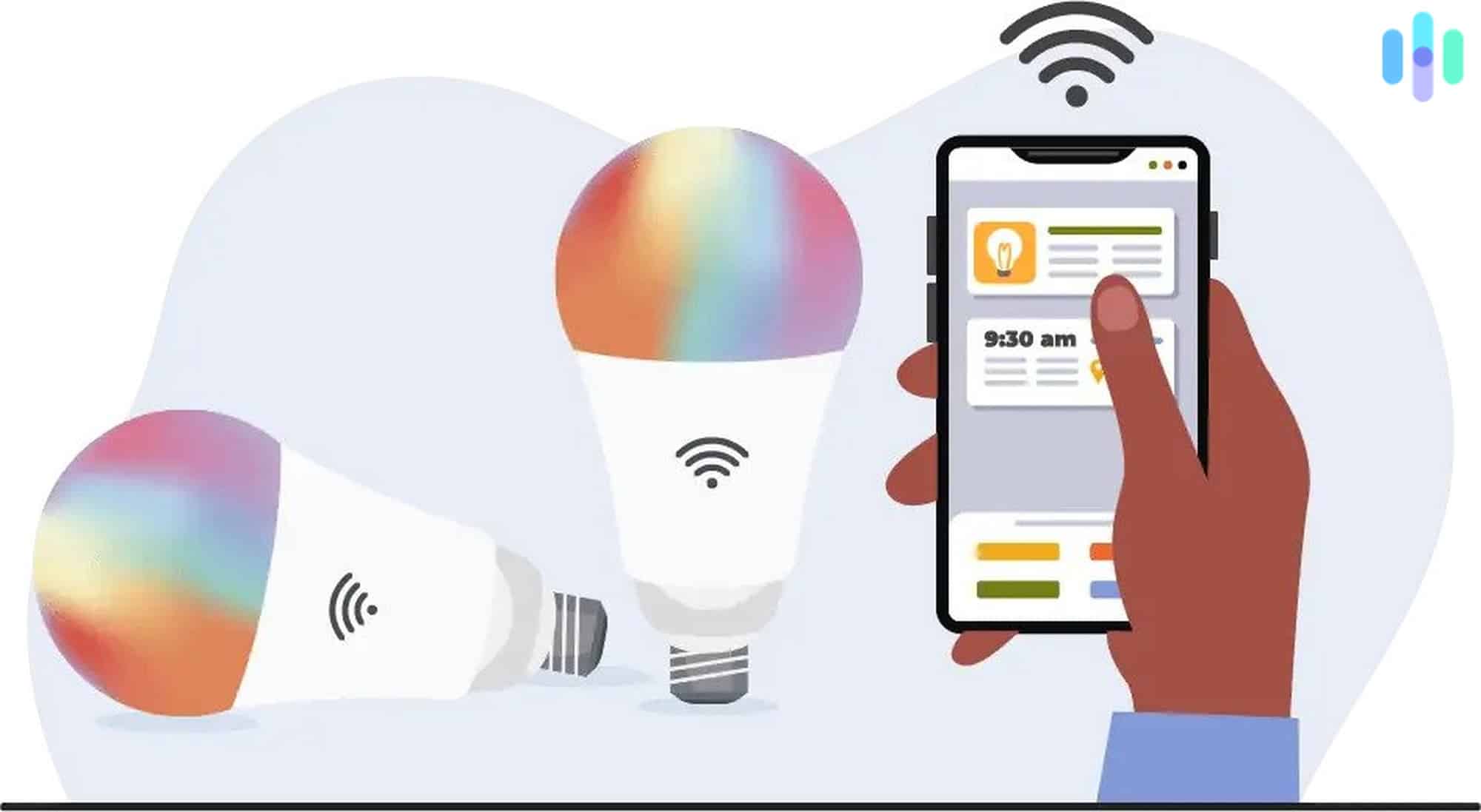
Smart lighting has been around for a while now, but it continues to evolve and improve with each passing year. In 2023, we can expect to see even more advanced smart lighting systems that offer better energy efficiency, improved integration with other smart home devices, and more advanced control options. Some of the top contenders in this category include Philips Hue, LIFX, and Sylvania. Some reasons to integrate smart lighting into your establishment:
- Energy Efficiency: One of the most significant advantages of smart lighting is its energy efficiency. Smart bulbs use LED technology, which consumes significantly less energy than traditional incandescent bulbs. Additionally, smart lighting systems allow for precise control over brightness levels and scheduling, reducing energy waste by ensuring lights are only used when needed.
- Remote Control: Smart lighting can be controlled remotely through smartphone apps or voice assistants. This means homeowners can turn lights on or off, adjust brightness, and change colors even when they are not at home. This feature provides convenience and security by allowing users to simulate presence while away, deterring potential intruders.
- Voice Control: Smart lighting systems are compatible with popular voice assistants like Amazon Alexa, Google Assistant, and Apple’s Siri. Users can control the lights using voice commands, adding a new level of hands-free convenience to their daily routines.
- Motion and Proximity Sensing: Some smart lighting solutions come equipped with motion or proximity sensors. These sensors can automatically turn lights on when someone enters a room and turn them off when the room is unoccupied. This feature not only saves energy but also adds an element of convenience and safety, especially in areas like hallways and staircases.
- Sleep and Wake-Up Routines: Smart lighting can be programmed to gradually dim at night to promote better sleep and wake up gradually in the morning to mimic the sunrise, providing a more gentle and natural waking experience.
- Cost Savings: Although smart lighting systems may have a higher upfront cost, their energy efficiency and longer lifespan result in cost savings in the long run through reduced energy bills and fewer bulb replacements.
- Dimming Capabilities: Smart bulbs often have dimming capabilities, allowing users to adjust the brightness to their liking. Dimming not only creates a pleasant ambiance but also extends the lifespan of the bulbs, further contributing to cost savings.
RELATED: Popular Brands of Smart LED Light Strips: Find the Right Fit for You!
In conclusion, the best smart home devices of 2023 are expected to be even more advanced and efficient than their predecessors. From smart speakers to smart lighting, there are plenty of options available for homeowners who want to embrace the convenience and efficiency of smart home technology. With the right combination of smart home devices, homeowners can create a fully integrated and automated home that meets all of their needs.
